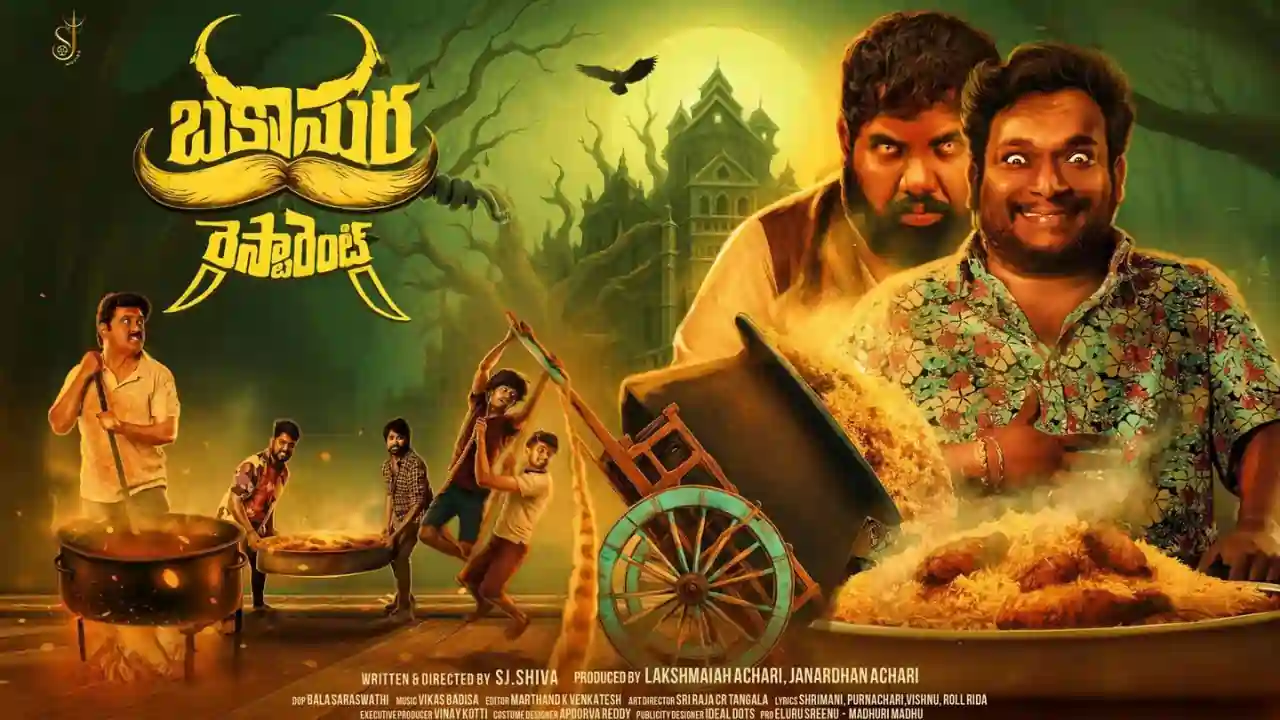
Re-release mania: Can Tumbbad, Laila Majnu's Phoenix act be replicated or is it a fad that will pass? Experts decode
5 months ago | 5 Views
If one were to look at BookMyShow for film tickets at any point this summer, they'd be excused for thinking they had travelled back in time. The movies in the theatres this summer included Singham (the first one, not Again), Taal, Maine Pyar Kiya, and Rehnaa Hai Tere Dil Mein. All were re-releases, built to capitalise on a nostalgia wave and a generation that had never watched these films in theatres. But was the experiment successful? We find out.
Re-releases are stop-gap arrangements
Down south, films of the biggest stars like Rajinikanth, Kamal Haasan, Chiranjeevi, Nagarjuna, and Vijay routinely see re-releases. It has been happening for years. But this wave of re-releases in Bollywood this year was different. Trade analyst Atul Mohan explains the reason behind it. "What else do you even show," he says matter-of-factly, "There were hardly any big releases for months. The multiplexes had to show something and returned to these films."
The wave spilled over to the south as well, with many classics like Mass re-releasing in theatres. Trade analyst Ramesh Bala says re-releases are always 'stop-gap arrangements'. "They are used to fill screens when there aren't enough releases in the off-season. This will decrease now that the festive season has big releases lined up."
Difference in approach between Bollywood and south
But while both Hindi cinema and the four industries collectively termed as South cinema (Tamil, Telugu, Malayalam, and Kannada) had plenty of re-releases this year, there is a key difference. "Re-releases (in South) only run for a week," says Ramesh Bala. They are meant for the fans, usually younger fans who haven't watched that film in theatres. That is why most re-releases are 15-25 years older films."
In contrast, Bollywood re-released Tumbbad, Laila Majnu, and Rockstar, all of which are barely 6-12 years old. The theory was that a re-release could salvage a film, at least for the first two, which had tanked at the box office during their initial runs and later emerged as cult favourites.
Re-release can't always salvage a film
Tumbbad, Sohum Shah's cult horror film, had earned ₹15 crore in its initial run. It minted ₹38 crore upon re-release, enough to pull its stalled sequel out of production hell. Similarly, Imtiaz Ali's Laila Majnu earned ₹11 crore upon re-release as opposed to just ₹2 crore in its initial run. Many have wondered if these two films can set a template for cult classics to revive themselves years later.
But trade insiders argue that Tumbbad or Laila Majnu should be considered exceptions rather than the norm. Atul Mohan says, "Laila Majnu was an aberration. When it was released, nobody knew Triptii Dimri or Avinash Tiwary. The re-release happened when Triptii became a sensation after Animal. That helped. But filmmakers cannot hope to replicate that every time."
Even down south, the re-release system largely celebrates past successes of superstars and not cult classics. "There haven't been many films that changed their box office track on re-release. One exception was Aalavandhan, which was not a success in its original run and did well upon re-release, but then it starred Kamal Haasan. It was not a small film."
Re-releases will continue
Three Shah Rukh Khan films - Veer Zaara, Kal Ho Naa Ho, and Karan Arjun - are slated to be re-released in theatres this month. But they were all big hits when they were first released. It will be Aamir and Salman's Andaz Apna Apna - re-releasing sometime next year - that will be the litmus test of this revival theory. Naysayers may argue that the star power of its two leads can alone drive the film. But everyone agrees that the re-release formula is here to stay, even though it may lose steam in Bollywood in 2025.
Read Also: Devara Part 1 OTT release: Unimpressed internet asks Jr NTR to shelve Part 2





















